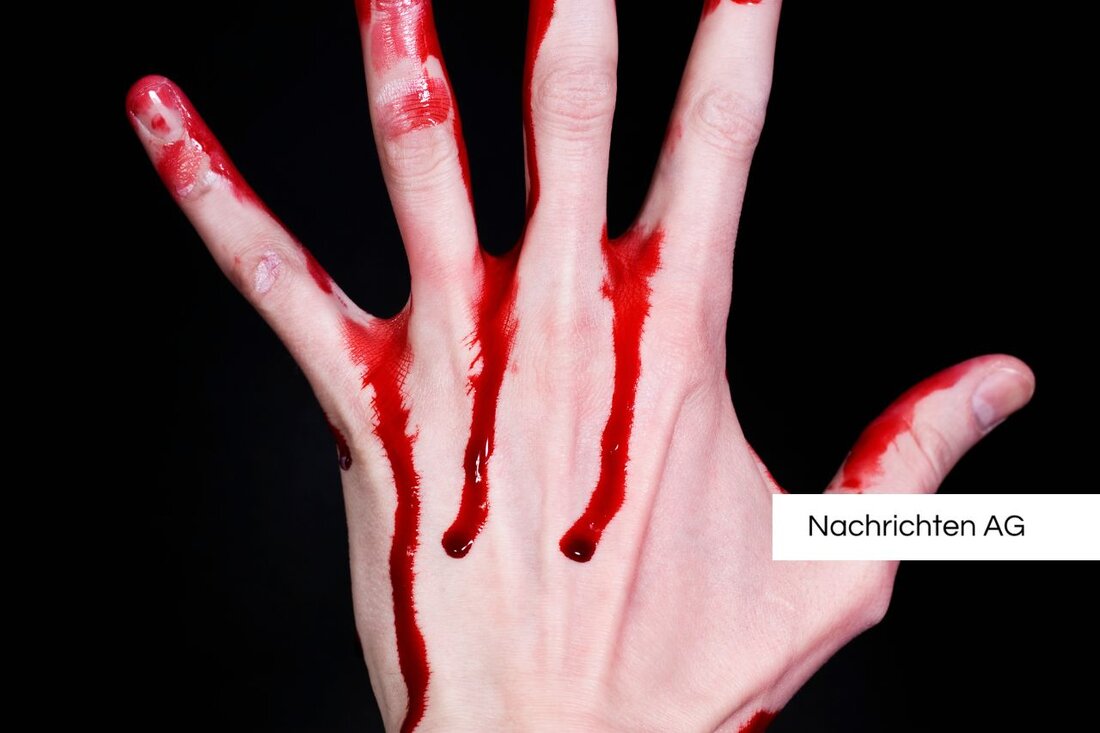For justice bleeding: Students protest against gender inequality!
For justice bleeding: Students protest against gender inequality!
Parlament, Österreich - The campaign of critical students organizes a media campaign in front of the parliament on May 28, 2025 at 8:30 a.m. to draw attention to the existing gender in -medicine and health care. Together with the Association of Socialist Students in Austria (VSSTÖ), the Socialist Youth (SJ) and the Young Generation (JG), this initiative is committed to better perception of disadvantaged groups of people. A central concern is the structural disadvantage of women, intersex and trans people in medical research, training and practice. Symptoms are often ignored, pain is not taken seriously and many clinical pictures are standardized on the male bodies, which has a significant effect on health care, such as [ots.at] (https://www.ots.at/presseaus-sung/ots_20250527_ots0154/aviso-wed- Wednesday-28052025-WIR-FUER-SACIATION) reported.
A particularly critical point of this action is the insufficient examination of menstruation. Menstrual complaints are often downplayed and cycle health is hardly researched. Affected people experience stigmatization in many ways and often have no access to necessary products and supply. Representatives of the media are invited to make the challenge visible and document.
menstrual health as a human right
The World Health Organization (WHO) has recognized menstrual health since 2022 as a central health and human rights topic. Menstruation health includes physical, psychological and social well -being around the menstrual period. Governments are called to promote menstrual education and the provision of menstrual products and medical care. The aim is to counteract the tabooing, stigmatization and discrimination of menstruating people, as on bioeg.de is.
The individual menstrual life is often negative characterized by pain, stress and shame. Nevertheless, menstruation can also be recognized as a sign of reproductive health and female potency. Current research approaches examine various dimensions of menstruation, including menstrual apps, sustainable monthly hygiene and menstrual-friendly jobs in a bio-psycho-social model. These topics should inspire sex education practice and sex science research on menstruation.
The area of tension of the menstrual discourse
over 300 million people mental melerate worldwide every day, but many experience shame and stigmatization in connection with their menstruation. Forms of "period shaming", which include silence and social taboos, have a negative impact on the physical, emotional and social well -being of menstruating people. This not only affects women, but also on trans* men, non-binaries and gender queere people who also menstruct. Historically speaking, menstruation is often perceived as a biological feature of women, which increases patriarchal structures and leads to systematic disadvantage, as on blogs.fu-berlin.de) is.
Access to education, health care and social resources is often limited. For example, many menstruating people do without sports during their period, which affects their quality of life. In order to counteract this, it is crucial to promote open discourse on menstruation, break down stigmatization and stimulate including discussions. Reflection on personal experiences and social taboos can help transform menstruation from a stressful topic to a symbolic marker for gender identity and health.
| Details | |
|---|---|
| Ort | Parlament, Österreich |
| Quellen | |


Kommentare (0)